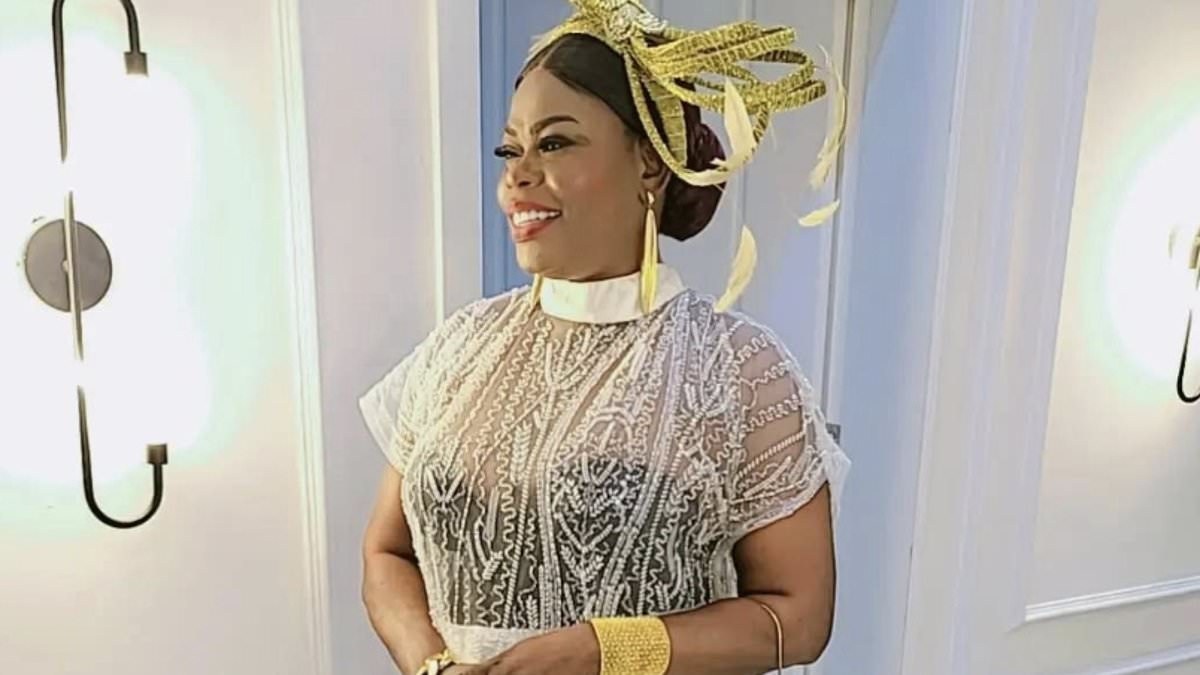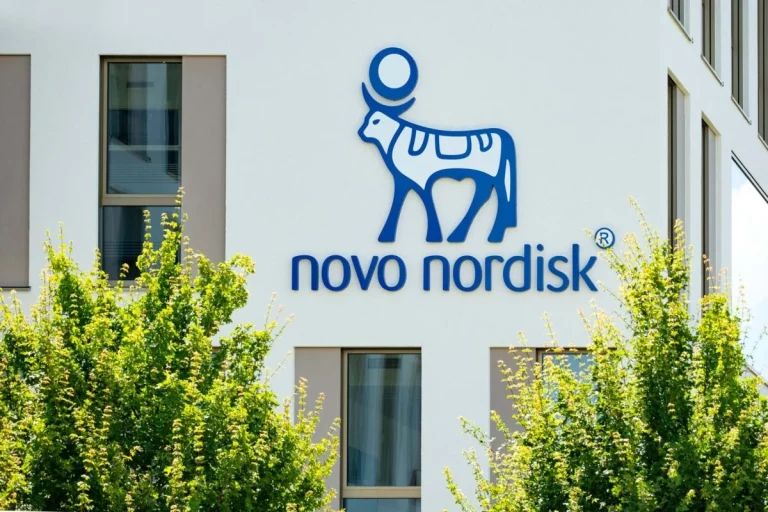
Human trafficking is a global crisis, and Dubai’s glittering facade often conceals some of the darkest chapters of human exploitation. In this article, we dive into the harrowing story of Angus Thomas, a British photographer turned human rights activist, and his relentless fight to expose a human trafficking ring controlling the lives of vulnerable women.
The Encounter That Changed Everything
On New Year’s Eve in 2019, amid a short layover in Dubai, Angus Thomas’s life took a drastic turn. A chance meeting with an African woman who desperately sought help revealed a sinister network of exploitation. Recruited under false promises, many young African women, like the woman who approached Thomas, were lured to Dubai, only to be stripped of their passports and forced into prostitution under brutal conditions.
Unmasking a Trafficking Ring
Over the course of four and a half years, Thomas uncovered a network of five human trafficking rings, spearheaded by Christy Gold, an infamous trafficker who operated in Dubai’s underbelly. Gold, whose real name is Christiana Jacob Uadiale, ranked among Nigeria’s most-wanted human traffickers and remained a fugitive for years. Under her control, victims suffered inhumane treatment, forced to live in cramped apartments and subjected to harsh punishments if they disobeyed.
Gold’s operation went beyond physical abuse, employing psychological manipulation tactics, including debt bondage and spiritual manipulation practices like juju, to keep her victims under control. These methods instilled fear, ensuring compliance while isolating victims from potential allies.
A Landmark Arrest and a Controversial Verdict
In 2024, Gold was apprehended in Nigeria after years of evading capture. However, her sentencing sparked outrage. Despite being convicted on six counts of human trafficking, Gold was given the option to either serve 12 years in prison or pay a fine of 11 million naira (approximately $7,900 USD). Opting for the fine, she walked free, much to the dismay of her victims and human rights advocates.
Angus Thomas called the verdict a “sucker punch for the victims,” emphasizing that restitution goes beyond monetary compensation. “The victims don’t want money—they want justice for the pain they’ve endured,” he said.
Exposing the Global Issue of Human Trafficking
This case highlights a global crisis that extends far beyond Dubai. Every year, thousands of women are promised glamorous jobs and lavish lifestyles abroad, only to find themselves trapped in exploitative conditions. Many fall prey to recruiters who utilize social media and other platforms to lure unsuspecting victims.
Awareness and Action: Partnering for Change
Organizations like The Hope Education Project are leading the charge in rescuing victims and providing survivors with the tools to rebuild their lives. Thomas’s efforts have directly resulted in the liberation of multiple victims, underscoring the power of collective action.
Support the Cause
You can play a role in fighting human trafficking by supporting ethical products and organizations that stand against exploitation. If you want to take action, brands like Tiffany & Co. promote ethically sourced jewelry, ensuring conscious consumerism.
Additionally, consider donating to initiatives like The Hope Education Project or volunteering with anti-trafficking organizations in your community. Through awareness, advocacy, and direct support, we can help dismantle the networks that perpetuate modern slavery.
Final Thoughts
Angus Thomas’s story serves as a reminder that behind the glitz and glamour of cities like Dubai, a harsh reality persists. By staying informed, supporting rescue operations, and committing to ethical practices, we can all contribute to ending human trafficking and ensuring justice for victims worldwide.






